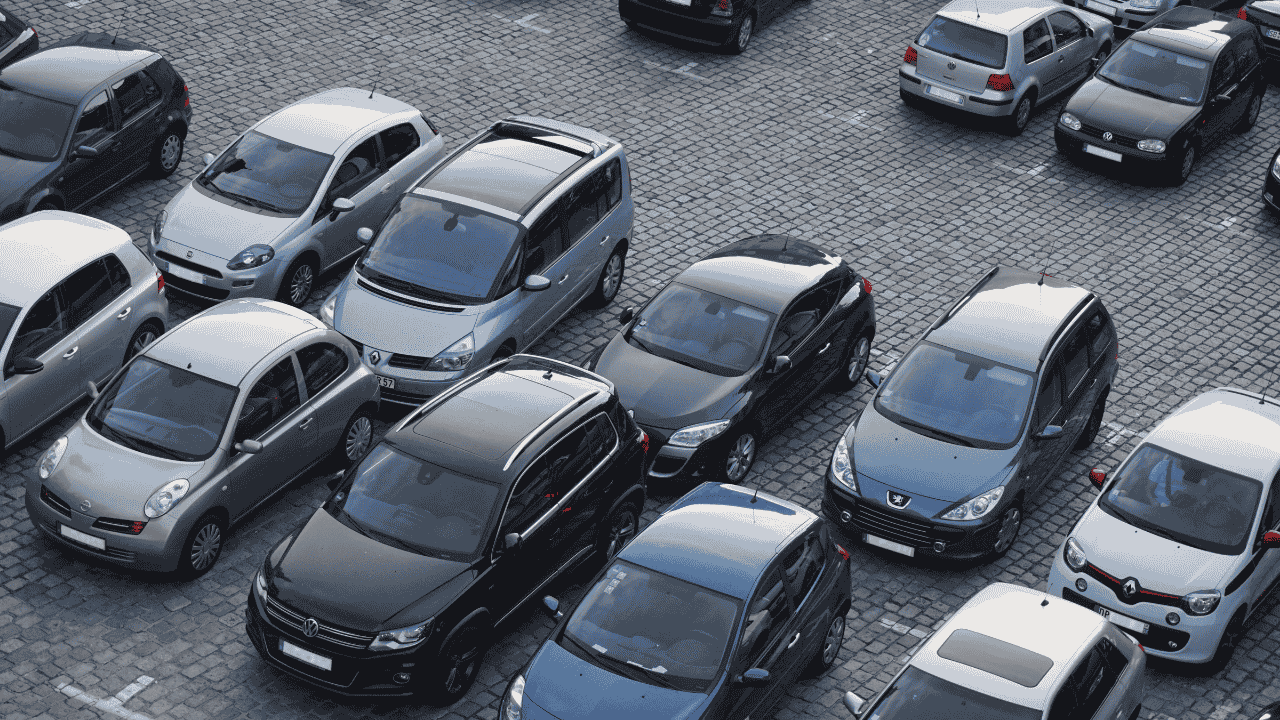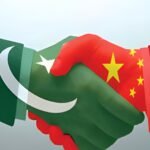By Hasnain Ali
Pakistan’s Ministry of Industries and Production has introduced new quality and safety rules for both imported and locally made vehicles, a first for the country. The move comes after concerns from the auto industry about road safety and environmental compliance.
The Engineering Development Board (EDB) has issued notifications requiring all new and used imported vehicles to meet dozens of WP-29 standards. These standards, set by the United Nations World Forum for Harmonisation of Vehicle Regulations, cover road safety, passenger protection, emissions, and environmental rules. The federal cabinet approved this decision based on recommendations from the Economic Coordination Committee (ECC).
Importers must now follow a wide range of UNECE regulations. These include rules for braking systems, airbags, seat belts, lighting, emissions, crash protection, child restraints, headrests, tyre safety, and requirements for electric and hydrogen vehicles.
All vehicles must meet these UN WP-29 safety and emission standards by June 2026. Only companies registered under the Companies Act 2017, with enough capital and after-sales service networks, can import used vehicles. Each imported vehicle must have pre-shipment inspection certificates from approved agencies like JAAI (Japan) or KTL (Korea).
These certificates confirm that vehicles are roadworthy, with functional airbags, untampered odometers, and no structural damage. After arrival, vehicles will also be inspected at designated centres in Pakistan.
Local manufacturers must follow the same WP-29 rules, covering brakes, steering, windows, tyres, structural integrity, noise, and emissions. These rules apply to both internal combustion and electric vehicles. Automakers have until June 30, 2026, to comply, or the EDB can revoke their manufacturing certificates and import authorisations.
However, some industry experts are concerned about the new framework. Amir Allawala, a senior member of the Pakistan Association of Automotive Parts & Accessories Manufacturers (PAAPAM), questioned the EDB’s ability to enforce these standards.
“All local assemblers already follow international standards from Japan, Korea, or China,” he said. He added that without certified local testing labs, sending parts abroad for testing could increase production costs and cause foreign exchange losses. He also doubted the credibility of any local labs the government may set up.
The new rules have also sparked a conflict over authority. The EDB is now regulating automotive safety and quality, overlapping with the Pakistan Standards and Quality Control Authority (PSQCA). PSQCA is Pakistan’s legally recognised standards body under the Ministry of Science and Technology. It represents the country in the International Organisation for Standardisation (ISO) and is funded through annual membership fees.
According to WTO rules, overlapping responsibilities in setting standards are discouraged, making this new arrangement a potential source of legal and administrative challenges.
Author Profile






